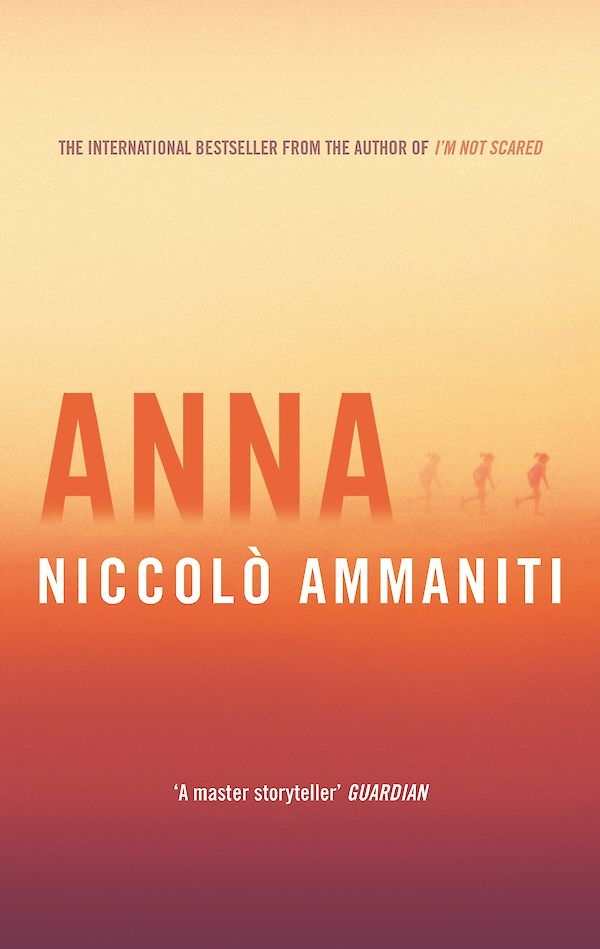Anna
The novel emphasizes how, no matter the circumstances, there’s room for belief in a future.
Niccolò Ammaniti imagines the fallout of an epidemic fever in his gripping, post-apocalyptic Anna.
Anna will inspire comparison with The Lord of the Flies, given the classic novel’s portrayal of a disintegrating society. But this twenty-first century take on catastrophic isolation is a less symbolic, more intimate account of sibling loyalty. When no one over the age of fourteen is left to impose order, Anna and her brother, Astor, survive in Sicily until his disappearance forces Anna away from their family farm to find him. Precious, splintered memories of a civilized past contrast brilliantly with a burned, lawless world.
Much of the plot centers on Anna’s hunt for food. Populated with skeletons and feral dogs, the eerie landscape showcases the detritus that once belonged to the living. From photographs to tinned ragouts, clothing to half-charged batteries, what’s left builds a portrait of mundane excess turned archaeological ruin.
Fittingly, Anna has little time to reflect. Despite the knowledge that she, too, may succumb to the virus, her concern remains with the day-to-day. A keen focus on the task at hand builds emotional resonance. Without dwelling on it, the work makes it clear how despair always lingers.
A matter-of-fact approach highlights tactile details, motion, and memories that are not so much bittersweet as they are simply rapidly receding. On occasion, death borders on the grotesque, but the book avoids bleakness. Remnants of things that once made life bearable, including music and fairy tales, offer necessary lightness. Even tribal allegiances formed by other children reveal vulnerability beneath the visceral nightmare. Pietro, a teen whose path briefly crosses Anna’s, especially stands out as a reminder that people often possess an essential goodness that can’t be extinguished.
Anna is wisely cast as neither an exceptional, heroic survivor nor a victim of history—she seems to do only what’s necessary, possessing the capacity for both kindness and self-interest. Her humanity comes to the forefront again and again; it’s an affirming aspect of the novel that emphasizes how, no matter the circumstance, no matter the brevity of one’s life, there’s room for belief in a future.
Reviewed by
Karen Rigby
Disclosure: This article is not an endorsement, but a review. The publisher of this book provided free copies of the book to have their book reviewed by a professional reviewer. No fee was paid by the publisher for this review. Foreword Reviews only recommends books that we love. Foreword Magazine, Inc. is disclosing this in accordance with the Federal Trade Commission’s 16 CFR, Part 255.

